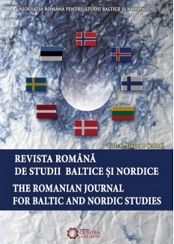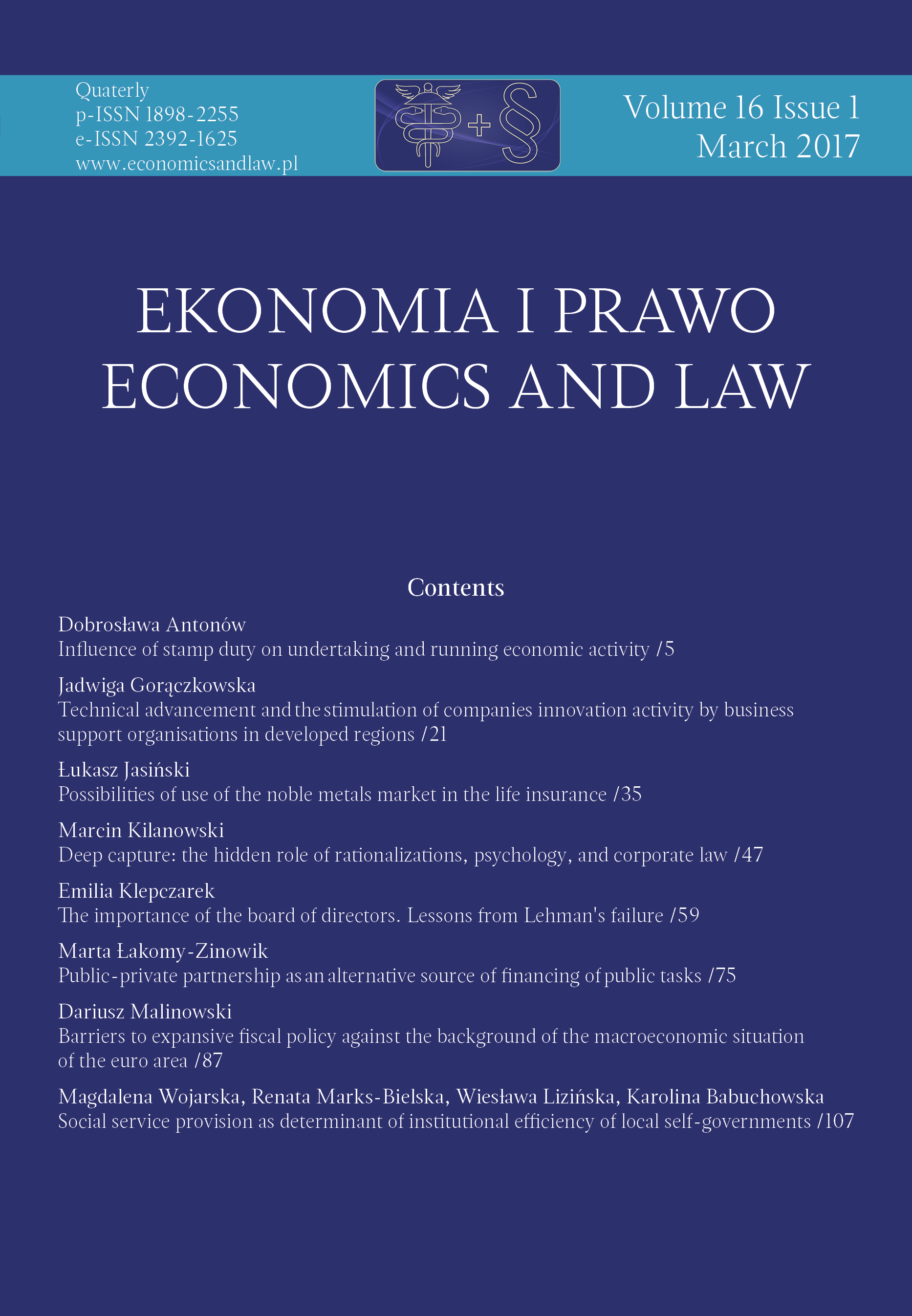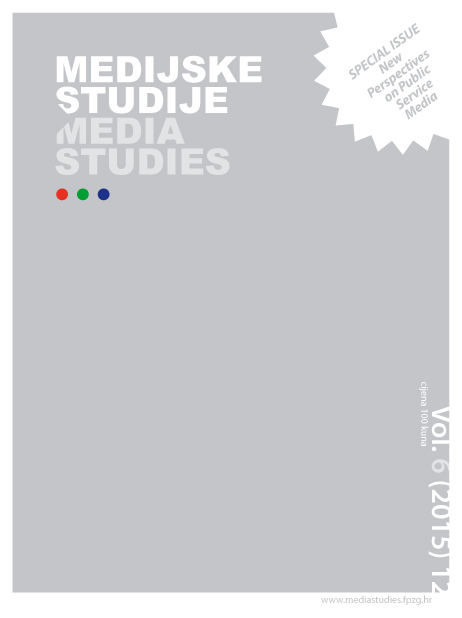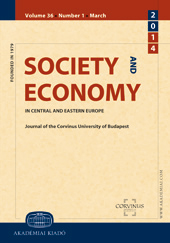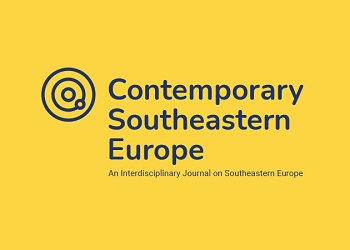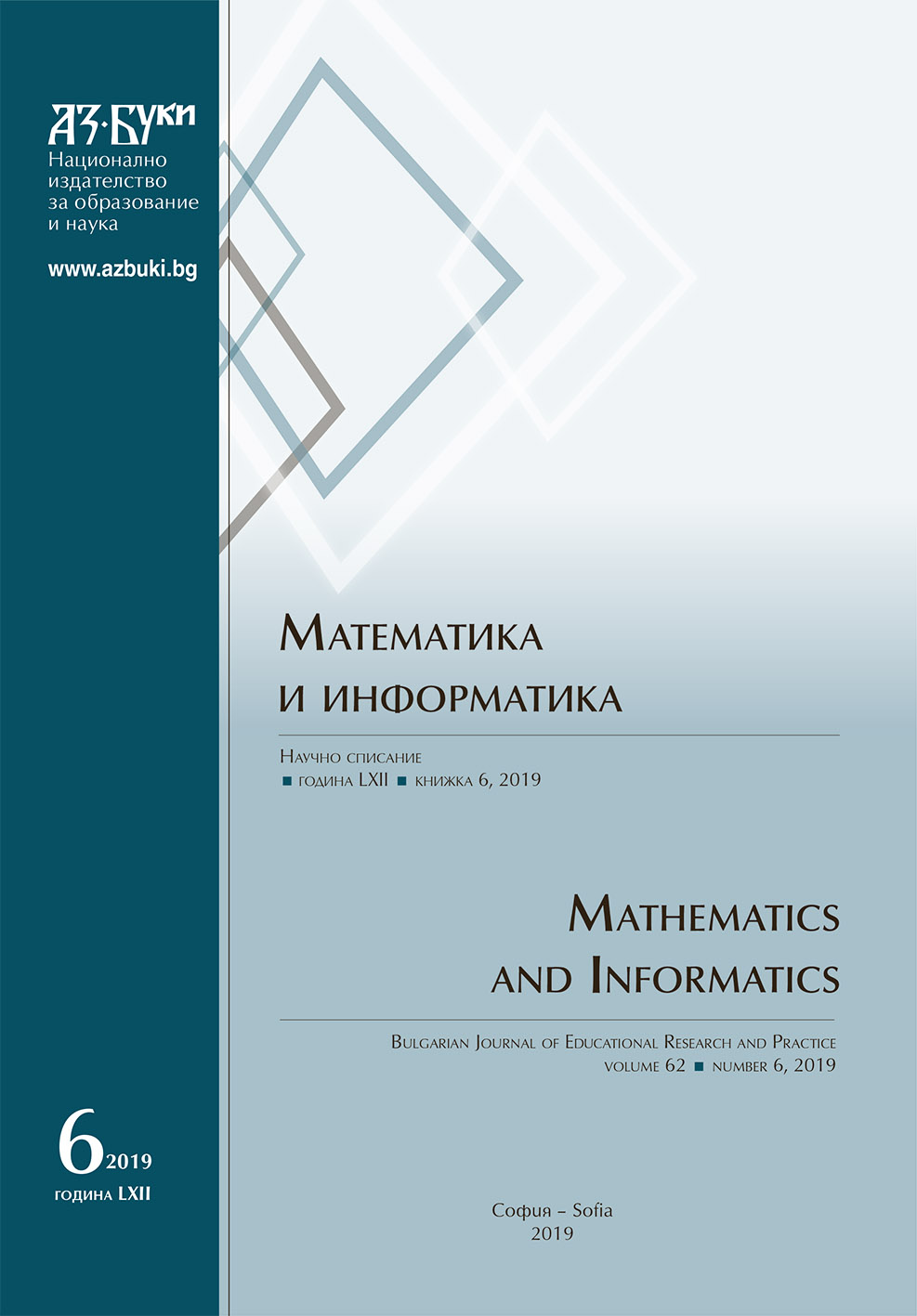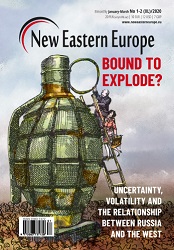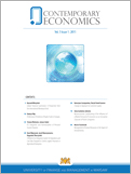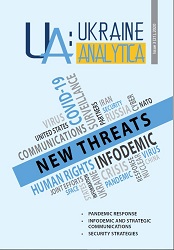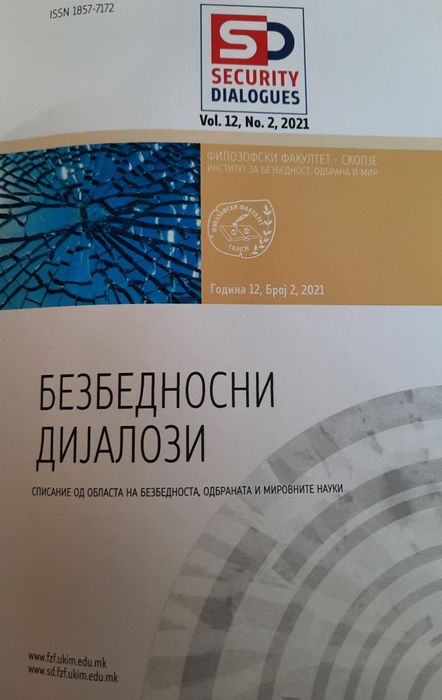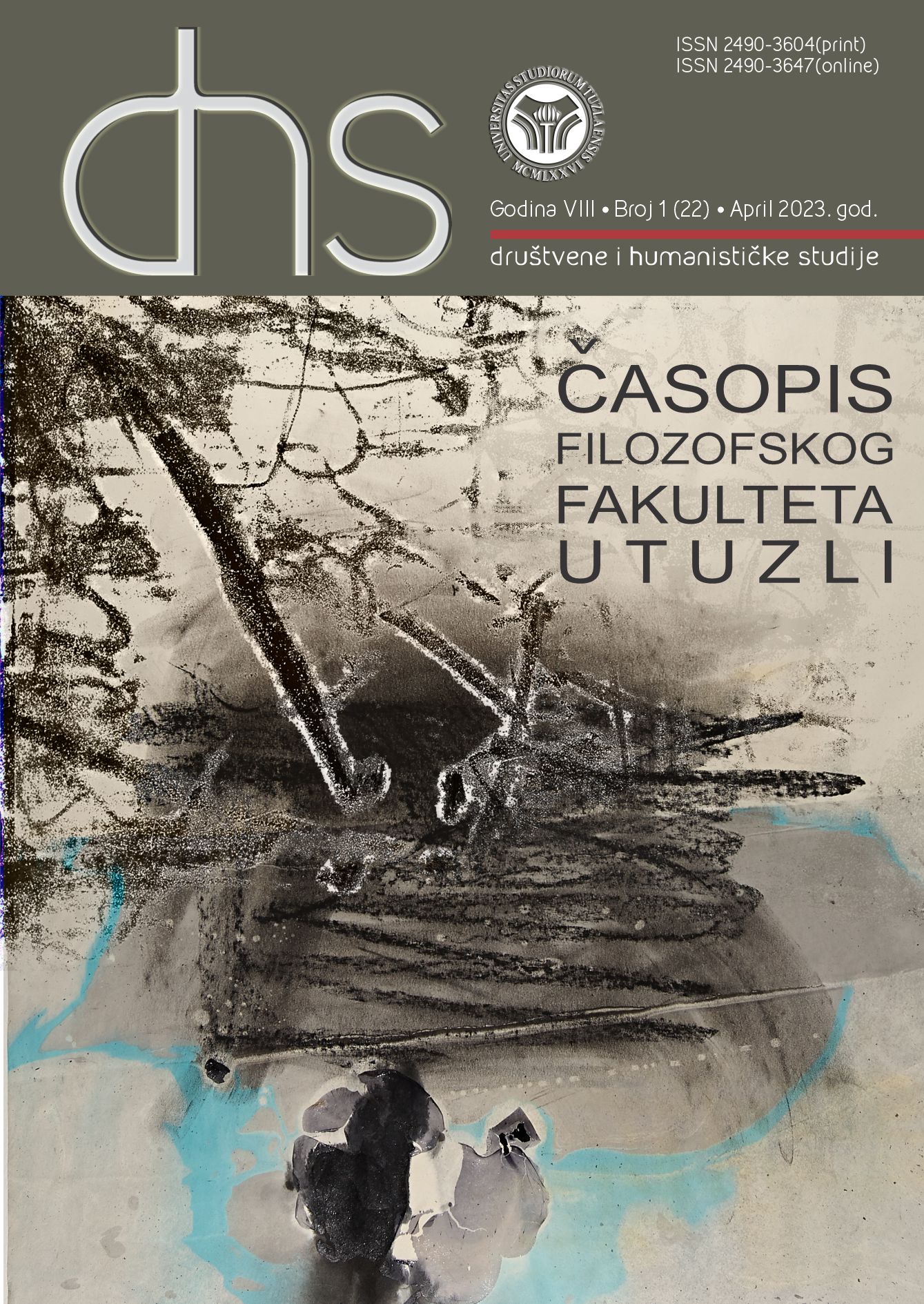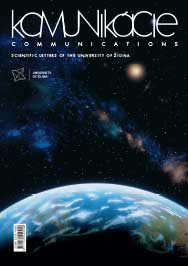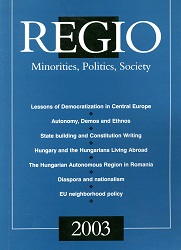
Success Stories: Lessons of Democratization in Central Europe
Success Stories: Lessons of Democratization in Central Europe
Keywords: transition; democratization; Central Europe; political elite
The article analyzes the meaning and modes of these revolutionary changes of 1989 by focusing on the nature of the roundtable talks and their impact on the subsequent democratic regime. The fact that countries of Central Europe became new democracies is not attributable to a single factor only. There are numerous internal and external causes that brought about the collapse of the old regime in this particular way, in this particular time. As far as the internal causes are concerned, one must stress 1. the impact of previous revolutions and reform attempts, 2. the diminishing performance of the economy, 3. the exhaustion of the social reserves of the regime, 4. the disintegration of the ideology, and 5. the willingness to compromise on the part of the new and the old elite. Among the most important external factors, one must number 1. the defeat in the Cold War, 2. the crippling consequences of the arms race, 3. the social and ethnic conflicts that made the Eastern Bloc bursting at the seams, 4. the coordinated, evolutionist strategies of the democratic opposition in a number of these countries, 5. the corresponding, human rights-based foreign policies of the Western countries initiated buys President Carter in the 1970s, and finally, 6. the rise to the top of the Soviet party hierarchy of First Secretary Gorbachev who introduced a style of politics open to compromise.
More...

